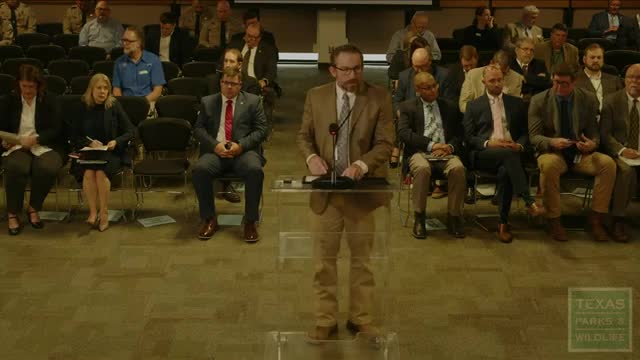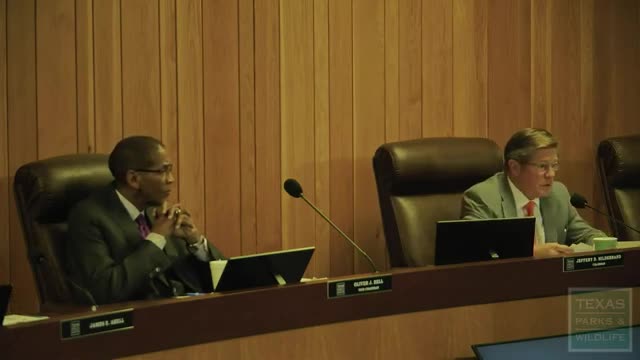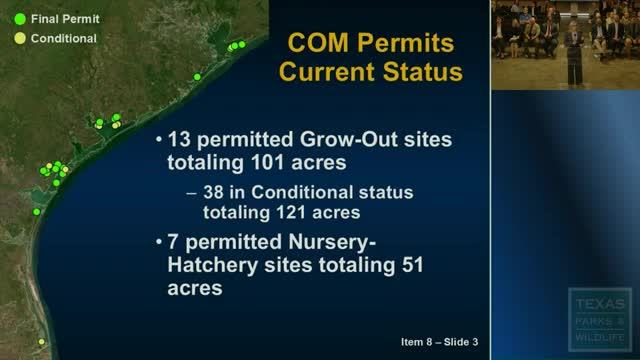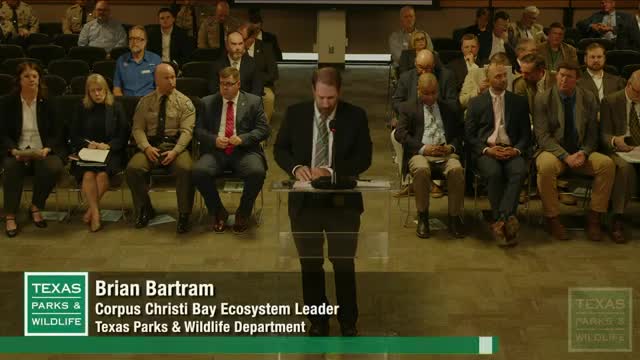Article not found
This article is no longer available. But don't worry—we've gathered other articles that discuss the same topic.

TPWD seeks approval to offer fully digital licenses and tags across all recreational products, including nonresident options

TPWD chairman directs phased park-opening policy, seeks clarity on Centennial Fund approvals

TPWD to seek public comment on mariculture fee cuts and allowing Gulf‑sourced triploid seed for oyster farms

